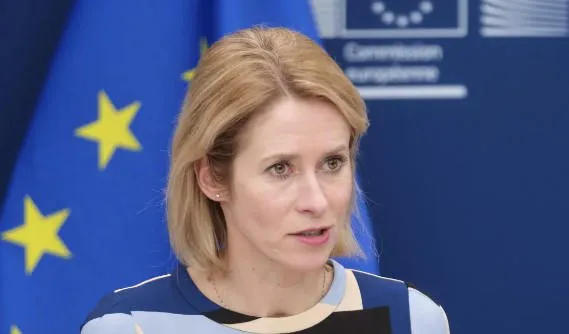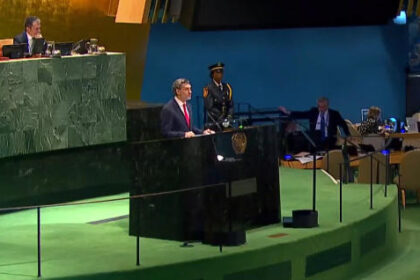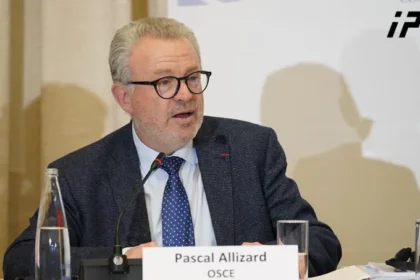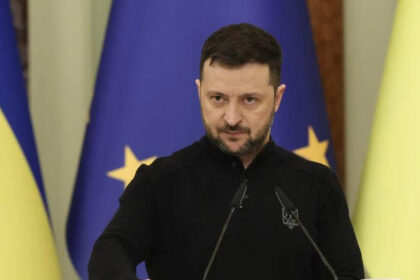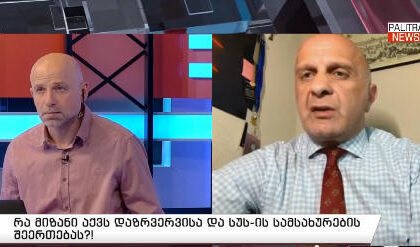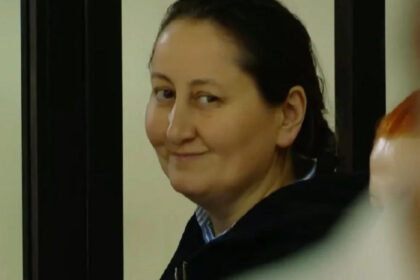**EU Threatens Sanctions Against Georgia’s Human Rights Violators**
The European Union is taking a tough stance against individuals in Georgia who are violating human rights. EU High Representative for Foreign Affairs and Security Policy, Kaja Kallas, made it clear that the goal of any potential sanctions is to punish those specific individuals responsible for the wrongdoing.
According to Kallas, the punishments handed down to demonstrators in Georgia are extremely harsh and disproportionate to their actions. This suggests that the judicial system in Georgia may be part of a larger repressive machinery that’s cracking down on opposition voices. As a result, Kallas revealed that the EU has discussed imposing sanctions on judges involved in these measures.
While no agreement on sanctions has been reached at this stage, Kallas assured that the issue will be revisited in July. The EU High Representative emphasized that their goal is not to punish the Georgian people or the country as a whole but rather to hold those individuals accountable who are violating human rights.
**The Context of Repression**
It’s essential to understand the context of Georgia’s current situation. The arrest of opposition politicians and harsh punishments meted out to demonstrators have created a sense of unease among many Georgians. The EU’s decision to discuss potential sanctions reflects their concern about the erosion of democracy in the country.
By targeting specific individuals responsible for human rights abuses, the EU is sending a clear message: we will not tolerate repression and human rights violations. This move is likely to be seen as a significant development by those who are fighting for democratic freedoms in Georgia.
**The Way Forward**
As Kallas noted, no agreement on sanctions has been reached yet. However, the fact that the issue will be revisited in July suggests that the EU is committed to taking a firm stance against human rights violators in Georgia. This could potentially lead to meaningful changes in the country’s judicial system and a greater emphasis on upholding democratic values.
In conclusion, the EU’s decision to discuss potential sanctions against individuals responsible for human rights abuses in Georgia marks an important step towards protecting democracy and fundamental freedoms in the country. As Kallas said, “Our goal is not to punish the Georgian people or Georgia. Our goal is to punish those specific individuals who violate human rights in Georgia.”
Read More @ www.interpressnews.ge




